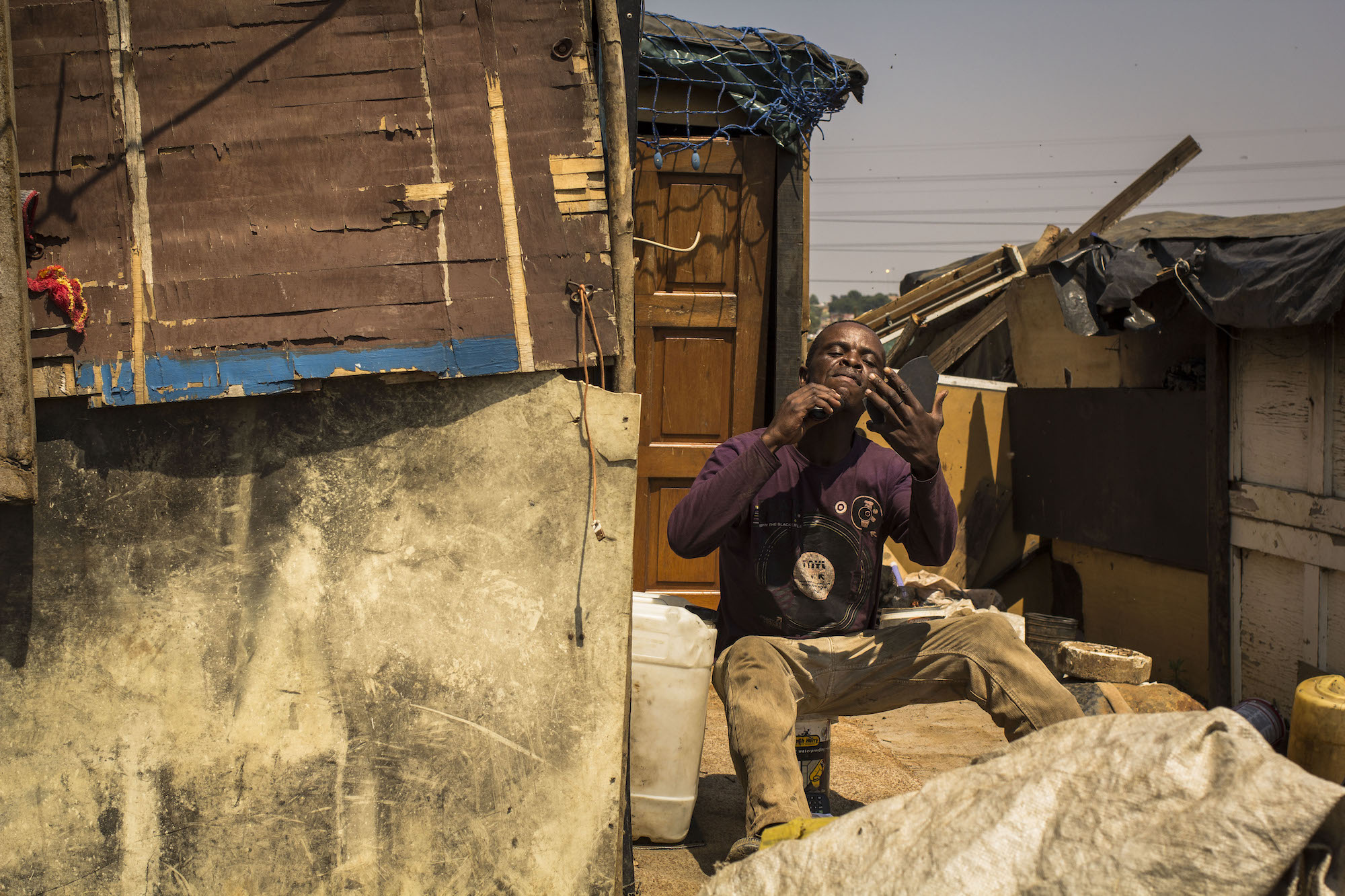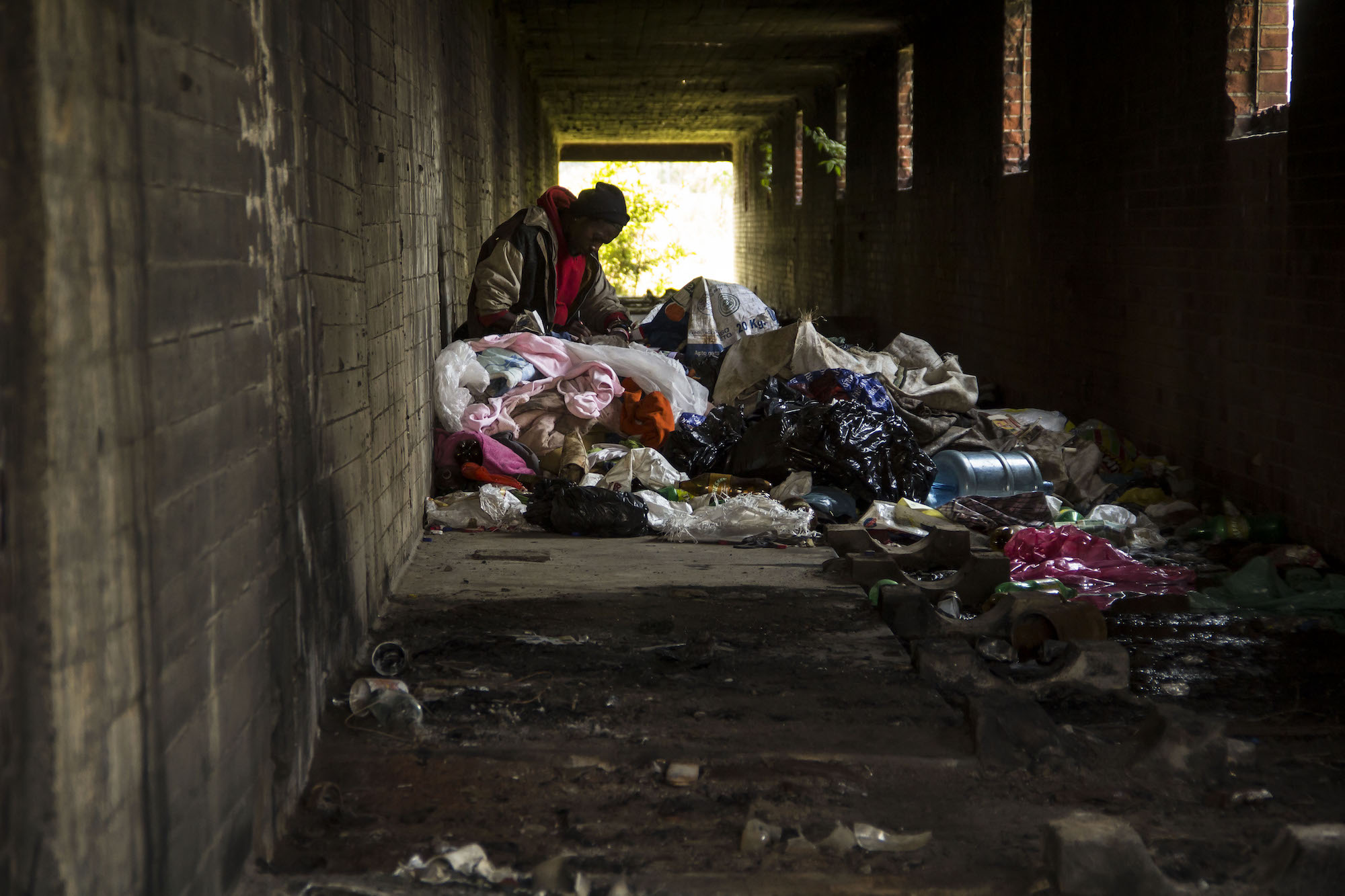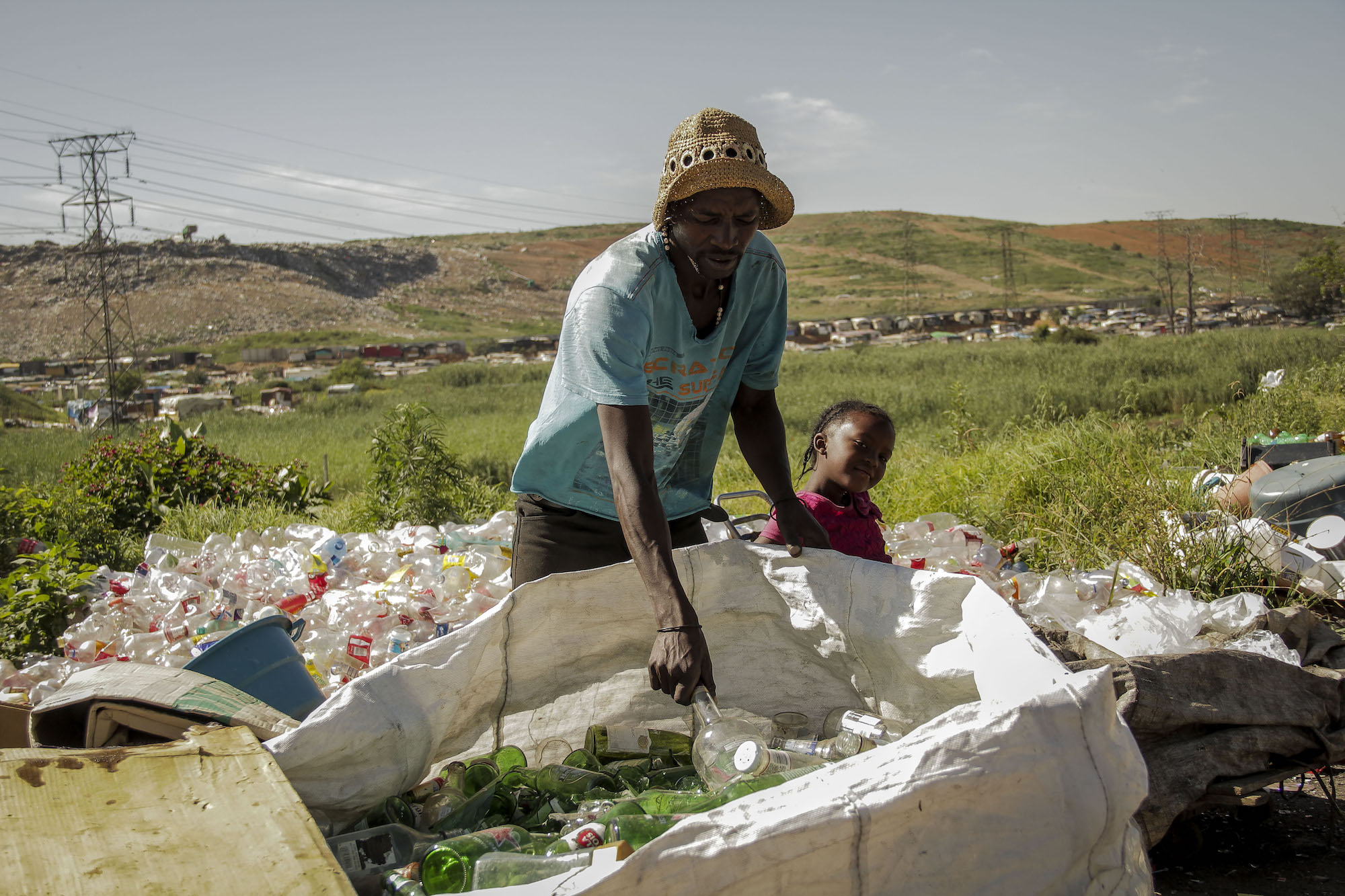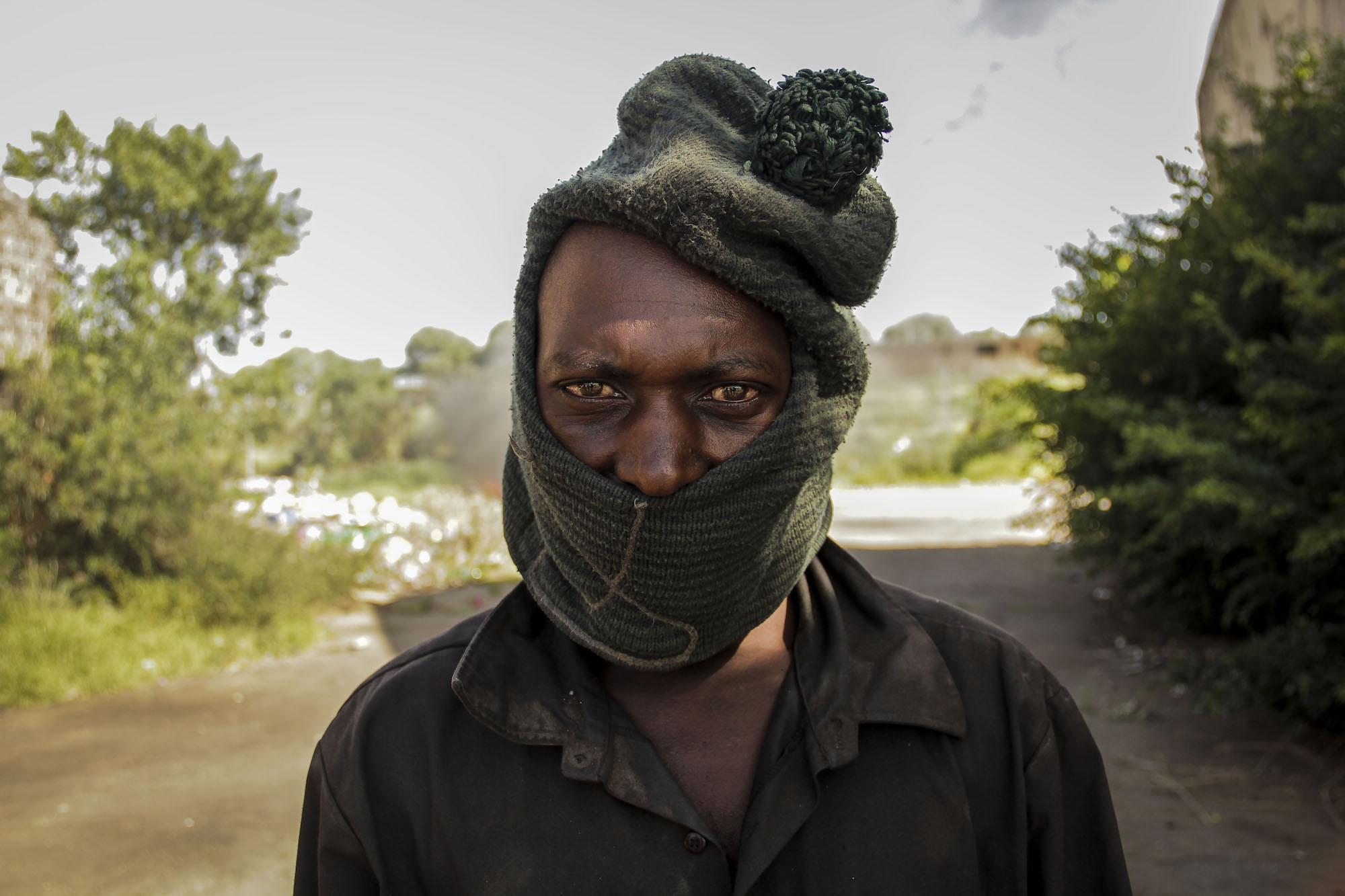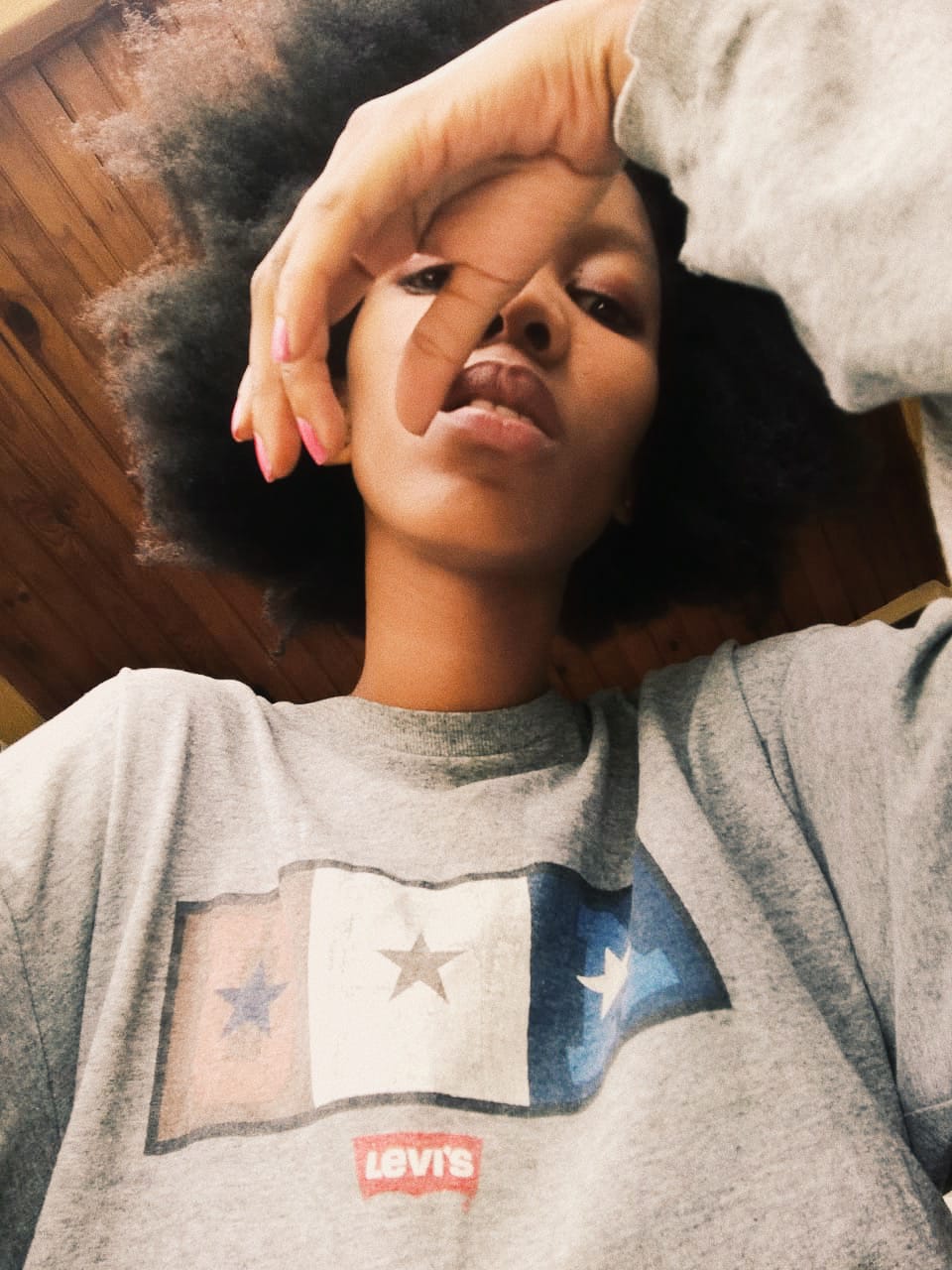Cities are complex and incomplete, they have the potential to be key organising units of our time where people, jobs and ideologies are brought together— vessels through which hopes and dreams can be realised; and yet most of the time they fail us. Our cities remain exploitative, exclusionary, coercive and classist, with little regard for those struggling to make ends meet.
The United Nations (UN) projects up to 68% of the world population will live in cities by 2050 (currently; 55%), with rates increasing fastest in low and middle-income countries. Every wave of urbanisation brings to the fore questions around quality of life and livability with work as a critical component of these questions.
Our notions of ‘work in the city’ are very deficient; what counts as work, what is ‘important’ work and who is dignified through that work?
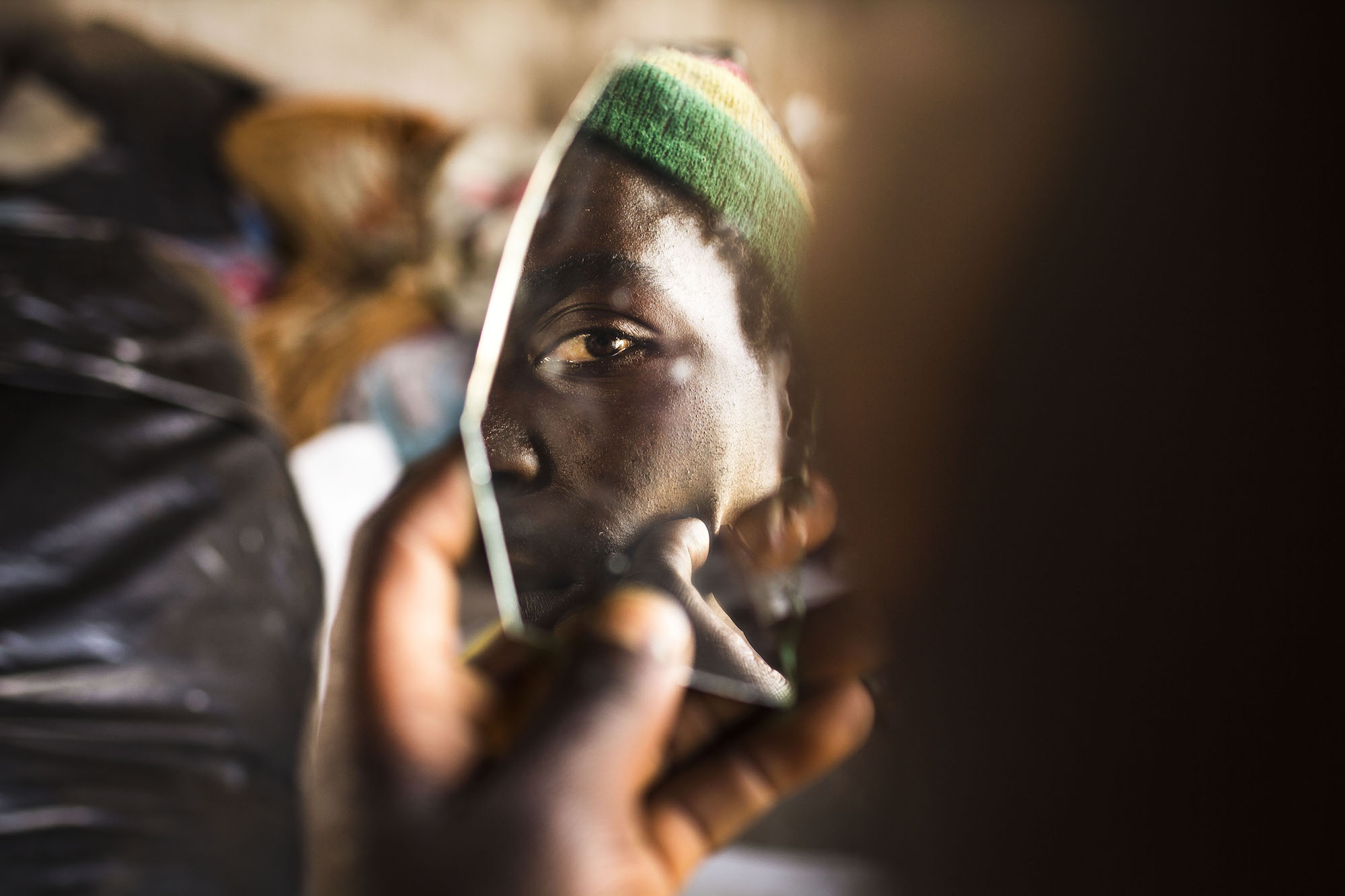
In an ongoing project, Mpumelelo Buthelezi documents waste pickers and recyclers, particularly from the Dryhook area near Devland, Soweto. Through his work he is giving visibility to one of the most important ways of creating work in the city.
Buthelezi is a Soweto-born photographer with a background in engineering. He started this project after engaging with some recyclers who would come to collect waste around his neighbourhood. One conversation led to another, resulting in a visit to a few waste collection sites and a deeper understanding to the workers journeys and stories.
“I’m hoping to document the waste pickers’ daily journey and communicate their stories around how they make a living through this work” explains Buthelezi.
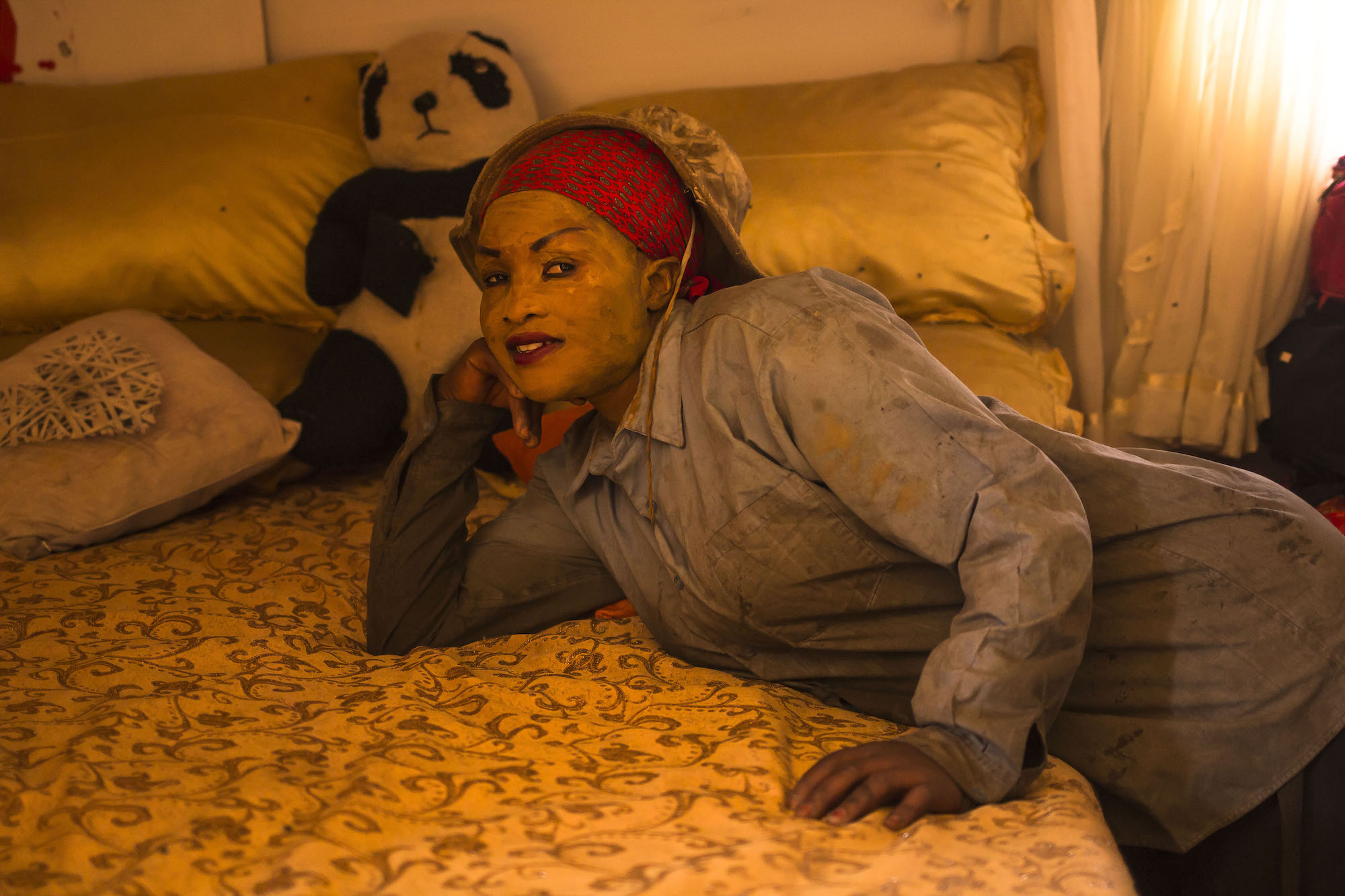
Waste pickers collect recyclable material around the city (scrap metal, plastic bottles, paper, cardboard etc.). They sort and organize the collected material into their various groups for the process and resell what they have collected to recycling companies. Typically, they receive R3.20/kg for plastic containers and R2/kg for cardboard boxes, making anywhere between R40 – R60 a day. Through their recycling methods these individuals are earning a living while also contributing towards environmental sustainability.
Individuals, organisations and governments the world over are currently considering and conversing about ‘the future of work’. Most of these conversations place emphasis on automation and artificial intelligence as solutions —with the promise of more time for leisure and “higher order thinking”.

Very few of these conversations are centred around economic threats towards those who contribute and create a livelihood through the informal sector. The politics of labour and leisure are inextricably linked to the current capitalist system that produces and perpetuates poverty. The same system used to oppress and exclude millions of citizens from participating in the fruits of a productive nation.
The lifelong processes of allyship and activism are incredibly powerful in fighting for and contributing towards sustainable change. Buthelezi’s work is at an important intersection between documentation, storytelling, allyship and activism.
When asked what he hopes to achieve with the project he replies: “I’m using the work to educate society around the important function that waste pickers play in society, most of whom are using this work as a way to uplift themselves and feed their families.”

